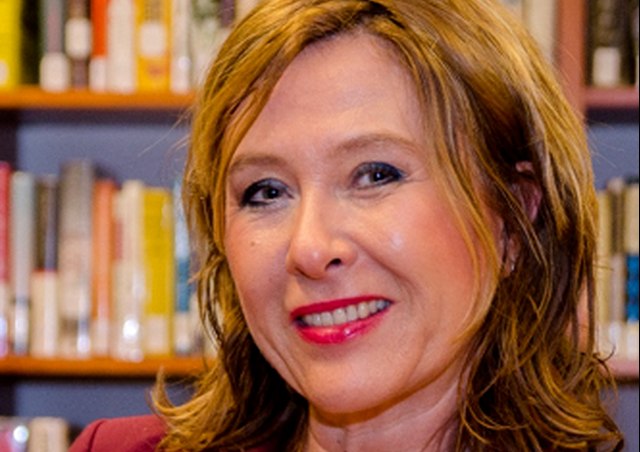Solo-Self-Employed and Old-Age-Pension: Retirement Strategies of non-mandatory insured Solo-Self-Employed in Health and Cultural Professions
The CSS proudly hosts Dr. habil. Alexandra Manske's research project "Solo-Self-Employed and Old-Age-Pension: Retirement Provision Strategies of non-mandatory insured Solo-Self-Employed in Health and Cultural Professions" funded by the Research Network on Old-Age Provision (FNA) of the German Pension Insurance Association (DRV Bund) that has started on 1 May 2024.
The research project investigates the old pension provision of solo-self-employed in the areas of body-related aesthetic services (e.g. cosmetics, make-up artistry, tattooing) and cultural industries (e.g. sound and lighting design, production management) considering the context of their life circumstances. It focuses on socio-political problems of social sustainability in the German welfare regime where (solo)self-employed are exempt from state pension provision. Therefore, it is not surprising that solo self-employed are exceptionally affected by poverty in old age. Thus, there is an urgent need to explore how this vulnerable group prepares for old age. Though there is a long debate about how to provide social benefits to solo-self-employed, e.g. including them in the statutory state pension system (GRV), we hardly know which old age provision strategies solo-self-employed use in the context of their everyday lives, what challenges and problems they experience, and what resources and strategies they draw on. The research project contributes to filling this research gap by using the example of professionals from on average rather low-skilled healthcare and rather highly skilled cultural professions, applying a theoretical approach of social practice and the concept of life course, and by applying a range of qualitative methods, e.g. in-depth interviews or observations. Overall, the research project allows insights into the every-day-life context of solo-self-employed regarding their individual old-pension-strategies. At the same time, the project results offer some points of reference for the further political and institutional design of old-age insurance for the solo-self-employed. Finally, the research project thus addresses the crucial question of sustainable security for potentially precarious social groups in society.


